Libya
Citizens of Libya’s Misrata, who battled the Islamic State in nearby Sirte, are now in a new fighting to repave damaged roads in the streets.
Tired of government negligence, the citizens have formed a volunteer group tasked with fixing damaged roads and potholes, which they say are in the thousands across the coastal city.
The 80-member crew started the initiative “Our Streets” and are divided into nine different groups, which tackle different streets in the city.
‘‘The problem is that holes are destroying the national economy. Some might ask how are those holes destroying the national economy. Potholes damage the tires, damage car parts, damage vehicles and can cause catastrophic accidents which lead to death’‘, said Soliman Eissa, founder of the volunteer group ‘Our Streets’.
The equipment and materials are all purchased using donations and citizens can reach out to them on social media to pinpoint areas that need repair.
“Honestly, the holes were many but now, after this campaign, we consider it a great achievement. I was touring Misrata and there really is an achievement. God bless them “, said Misrata resident, Abubakr Belsheikh.
Part of the group’s activities include school trips for children to raise awareness of their work.
The initiative has been paving Misrata’s streets for the past three months and have since then fixed dozens of damaged streets, but volunteers say they still have a long way to go.
Libya’s infrastructure has been on the backburner of the U.N.-backed government’s priorities, after years of turmoil that affected state income and by extension, spending.
The Government of National Accord (GNA) established under the December 2015 deal never fully materialised in Tripoli, leaving Libya with three competing governments aligned with rival armed alliances.
Hamstrung by internal splits in its nine-member leadership, or Presidency Council, the GNA has been unable to tackle Libya’s acute liquidity crisis, save collapsing public services or bring powerful militias to heel.
Reuters




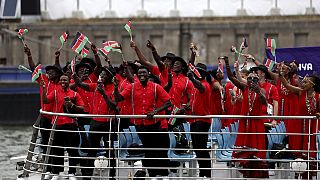

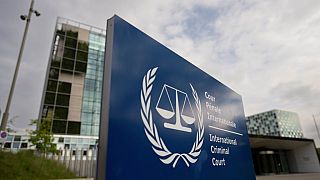
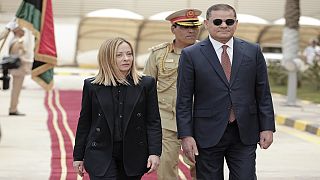
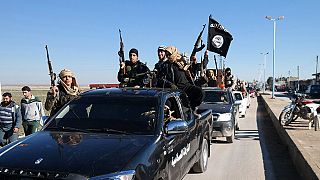
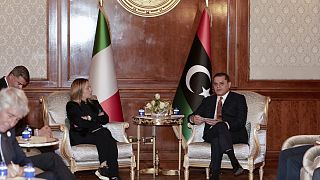

00:59
Sergey Lavrov holds talks with foreign ministers at U.N. Security Council
Go to video
Libyans demand elections and unity, says UN envoy
01:00
WATCH: Israeli strike on Gaza school kills over 30, including women and children
01:36
Russian FM in Congo: Libya, war in Ukraine and cooperation top agenda
01:27
Ivory Coast: Summit coordinates road maintenance investment and strategy
Go to video
Burkina Faso soldiers massacred over 200 civilians in a day, Human Rights Watch says